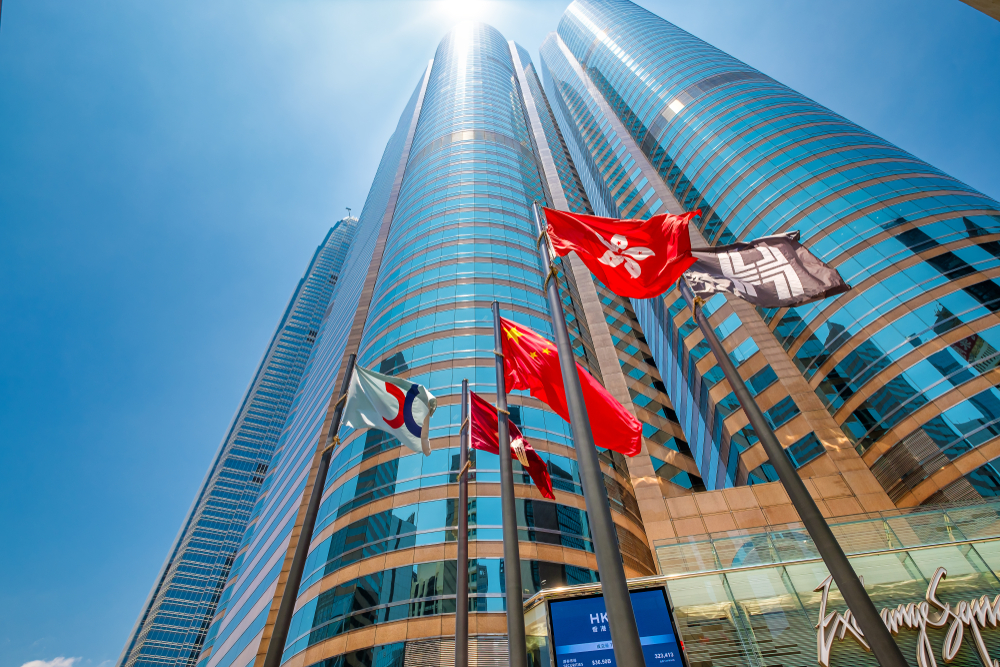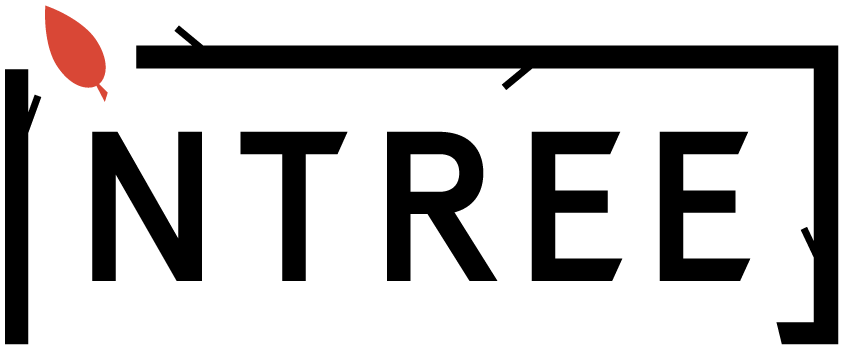Hong Kong’s Hang Seng index will become an increasingly attractive proposition for passive investors as it plans to expand the number of constituents and sectors within its benchmark.
Index provider Hang Seng Indexes is consulting with market participants to implement changes to the index, which is made-up of the largest companies listed in Hong Kong, in the next few years.
In practice, this will involve meeting targets such as increasing the number of index constituents from its current number of 55, to 80 by mid-2022, and eventually to 100 securities.
Other changes expected to support greater market representation include a revision of its weighting cap down to 8%. At present, the index caps constituents with weighted voting rights and secondary listings to 5%, while others are allowed to make up as much as 10% of the basket.
Likewise, the index also plans to represent constituents from seven industry groups – from finance, healthcare, and IT – with a target of 50% market cap coverage of each industry.
These changes will ultimately represent a positive shift for passive investors. While popular equities such as Tencent will likely suffer in the short-term, as their weighting is cut from 10% to 8%, Hang Seng investors will gain greater exposure to ‘New China’ as the index becomes less concentrated on a narrow selection of equities.
These changes, in turn, could also be long-term positives for existing Hang Seng constituents and investors, as Goldman Sachs estimates the broader index will be more of a draw to capital looking for a benchmark to track. The company added that when the Hang Seng reaches 80 constituents, they expect assets under management (AUM) tracking the index to rise from $20bn to $25bn.
Timothy Harvey, CEO at China and commodities funds distributor, NTree, said this kind of reshuffle was long overdue for the Hang Seng.
Harvey said: "The move is important for the Hong Kong market and will help the market keep up with the ever expanding mainland Chinese markets A Share markets north of the border.
"Only twenty years ago most China investors looked at the Xinhua 25, then the FTSE 50 China A Share and now most consider the CSI 300 the China A Share benchmark index. The Hang Seng is making its first revision since its inception and launch in the early 1970’s. The world and particularly China is a very different place compared to 50 years ago.
Athanasios Psarofagis, ETF analyst at Bloomberg Intelligence, said the methodology change was a positive step and one that would give passive investors greater peace of mind, when choosing the Hang Seng as a benchmark index.
Psarofagis added: “It is s a big step, especially in these regions where indexes tend to be dominated one industry. Ultimately it is a good thing, and opens the door to wider adoption as an investment benchmark index.
“It also helps to relieve pressure from indexing nay-sayers about passive ownership of stocks.”
Further methodology considerations include the fact that between 20-25 Hong Kong-listed companies will be maintained within the index, with constituents being re-evaluated at least every two years.
Likewise, it will amend its short listing history requirement, so that companies can be added to the index after just three months of trading.





